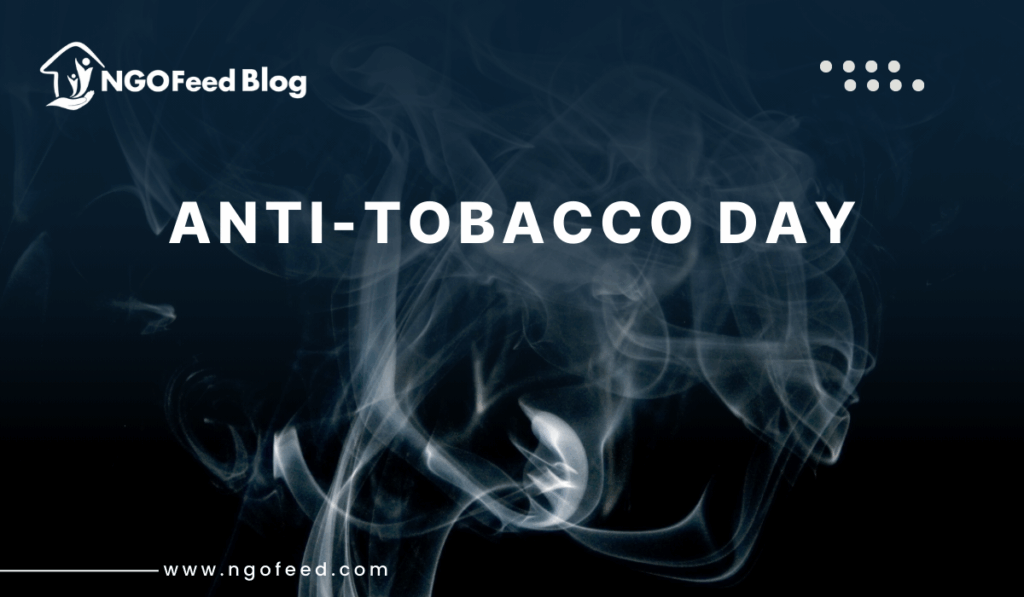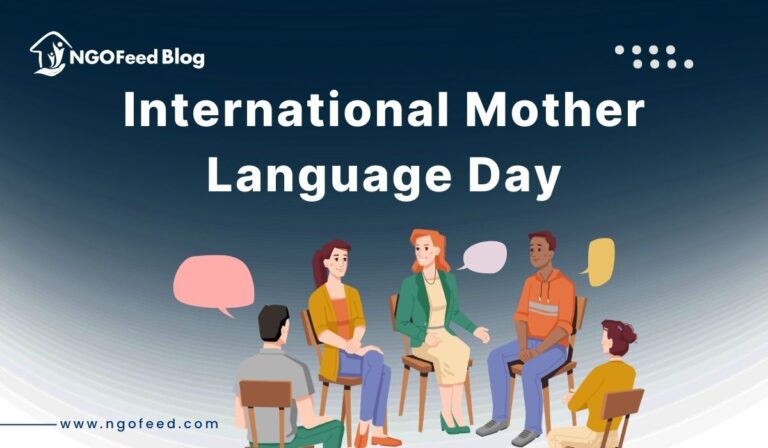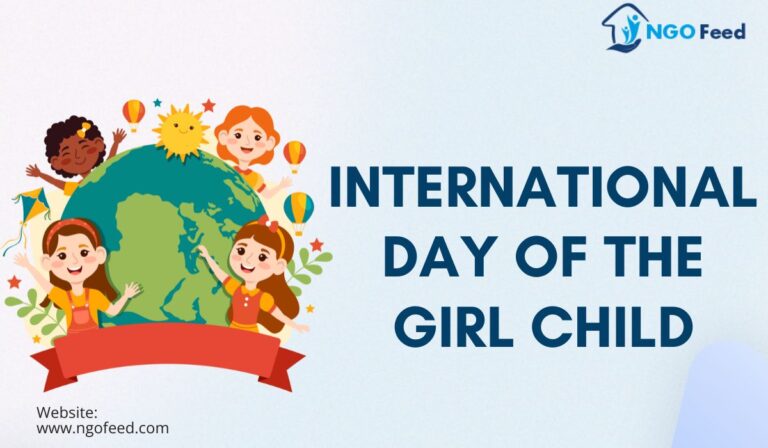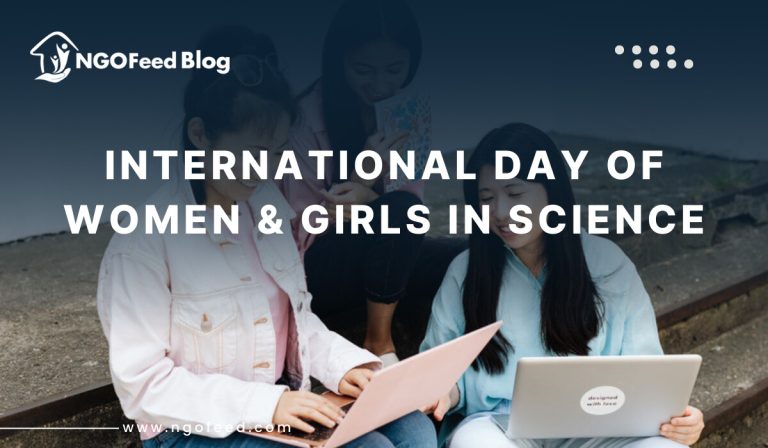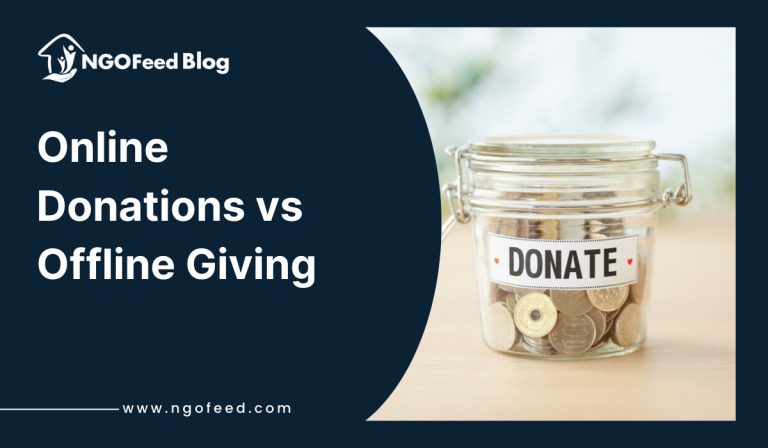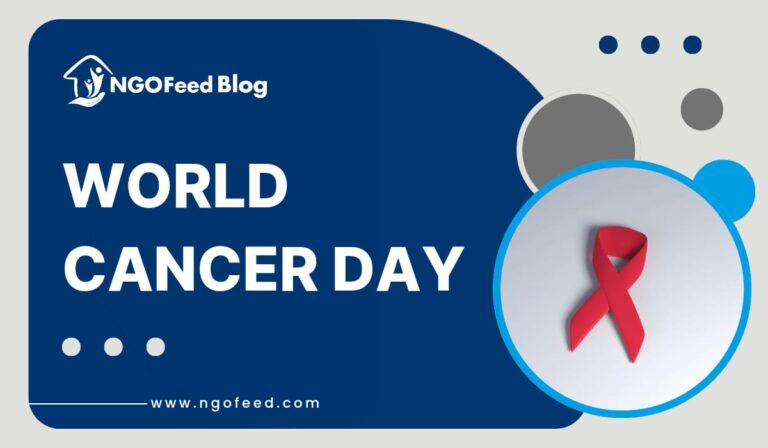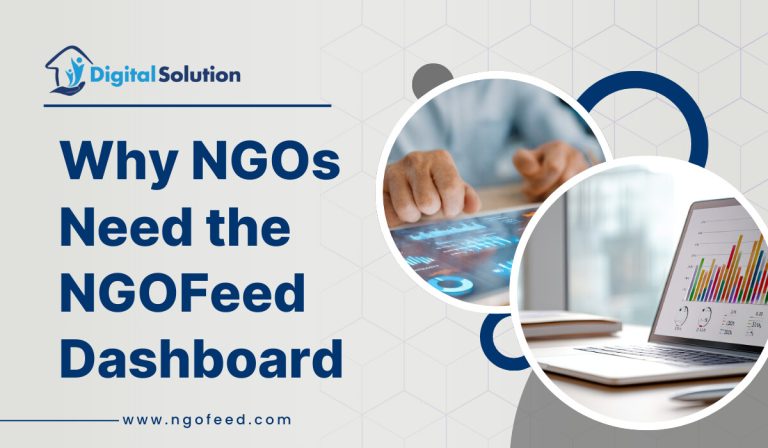Anti Tobacco Day: Every year on May 31, the whole planet gathers to commemorate World Usually known as Anti-Tobacco Day, No Tobacco Day. Under the direction of the World Health Organization (WHO), this celebration provides a potent venue to spread knowledge of the severe health, financial, and environmental effects of cigarette usage. It’s a day to reaffirm the world’s resolve to lower tobacco product consumption and to advance the welfare of people, families, and communities.
Despite decades of work, tobacco still ranks among the most serious public health threats in the globe, claiming more than eight million deaths annually, including around 1.3 million deaths owing to second-hand smoke. Anti Tobacco Day becomes more important in molding tobacco-free generations as the tobacco sector keeps aiming at younger populations and underdeveloped countries.
“The true face of tobacco is disease, death, and horror – not the glamour and sophistication the pushers in the tobacco industry try to portray.” — David Byrne, Former EU Health Commissioner
Table of Contents
Anti Tobacco Day – Background and History
The concept for World No Tobacco Day was developed in 1987 after the World Health Assembly adopted Resolution WHA40.38, which called for a worldwide celebration to bring attention to the hazards of smoking. Coincident with the WHO’s 40th anniversary, World No Tobacco Day was first celebrated on 7 April 1988. The date, though, was fixed as 31st May from 1989 and has remained so.
WHO chooses a theme every year to highlight a particular issue or area of concentration in tobacco control, therefore shaping worldwide policies, research plans, and advocacy initiatives.
Also Read: Role Of NGOs in Psychological Support After Tragedies
Grasping the Tobacco Risk
Smoking is a worldwide pandemic affecting both smokers and non-smokers. With more deaths claimed than malaria, tuberculosis, and HIV/AIDS combined, it is the top preventable cause of death. Beyond personal health, cigarettes affect ecosystems, civilizations, and families.
Health Effects:
- lung cancer and other breathing disorders
- stroke and coronary artery disease
- Kidney, pancreas, bladder, and oral malignancies
- COPD—chronic obstructive pulmonary disease
- Reduced fertility and pregnancy complications
- Exposure to second-hand smoke raises children’s chances of asthma, ear infections, developmental delays, and sudden infant death syndrome (SIDS).
Nicotine and Addiction
By activating the brain’s reward hubs, nicotine, the major addictive component of tobacco, causes dependence. Irritability, anxiety, cravings, and other withdrawal symptoms make quitting challenging absent assistance.
Also Read: Role of WHO in Healthcare
Speculative Theme of World No Tobacco Day 2025
Although WHO has not yet declared the official theme for 2025, based on recent trends, it is most likely to concentrate on:
- Shielding kids from sector interference
- Increasing aid for tobacco cessation
- Tackling environmental sustainability
Themes from lately include:
- Grow food, not tobacco, in 2023.
- 2022 Tobacco: Risk to our Environment
- 2021: Pledge Quit
These ideas—public health, socioeconomic growth, and ecological impact—reflect a whole knowledge of the tobacco problem.
Objectives and Goals of Anti Tobacco Day
- Raise Awareness: Explain to people the environmental, social, and health dangers of tobacco.
- Give tobacco users seeking to stop access to encouragement and motivation.
- Defend non-smokers by emphasizing the dangers of second-hand smoke and arguing for smoke-free settings.
- Encourage governments to enact more stringent rules on tobacco sales, packaging, and advertising.
- Expose tobacco industry techniques: Show the deceitful methods used to draw in fresh customers, especially youngsters.
Also Read: Role of NGOs in Mental Health
India and the Tobacco Crisis
With more than 267 million users, India is the second-biggest tobacco consumer globally, according to the Global Adult Tobacco Survey (GATS-2). Given how many ways tobacco is used—cigarettes, bidis, chewing tobacco, gutka, khaini, and snuff—it poses a complex problem for public health systems.
Policies of Government:
- Graphic Health Warnings on Smoking Products
- National Programme for Tobacco Control (NTCP)
- Restriction of electronic nicotine delivery systems (ENDS), which include e-cigarettes (2019)
- Banning smoking in public areas
Despite these efforts, tobacco-related diseases in India claim around 1.35 million lives each year, highlighting the need for more assertive execution and local-level activity.
Also Read: Role of NGOs in Cancer Care
Ecological Effects of Tobacco
Tobacco cultivation and use also take a severe toll on the surroundings:
- About 200,000 hectares of woodland are lost each year to tobacco production, hence contributing to deforestation.
- Tobacco crops need significant pesticide application and deplete soil nutrients.
- Air and Water Pollution: Tobacco waste pollutes waterways, and cigarette production emits dangerous chemicals.
- Billions of cellulose acetate (a plastic) cigarette butts are thrown every year, decomposing over ten years and leaching poisons into the oceans and soil.
Campaigns for Celebration and Awareness
Governments, non-governmental organizations, schools, and health agencies sponsor several activities on Anti-Tobacco Day to contact people at all levels:
- Awareness campaigns, street theater, and flash mobs
- Health check-up camps and tobacco cessation counseling
- Campaigns in digital media with strong images and testimonials
- College and high school contests: slogans, posters, speeches, and essays
- Give out literature on the adverse consequences of tobacco.
- Local outreach in both metropolitan and rural settings
To dispel myths, counteract false information, and enable consumers to appreciate the dangers of tobacco use, such campaigns are vital.
Also Read: Role of NGOs in Disabled Person
Role of civil society and NGOs
- NGOs in India are absolutely essential to support government programs. Groups such as:
- Health Related Information Dissemination Among Youth, HRIDAY
- Foundation of Public Health of India
- Union South-East Asia Office
Their work helps create community awareness and empower local people to demand tobacco-free surroundings; thus, they participate in legal support, data-driven policymaking, youth education, and tobacco control advocacy.
Youth and the Smoking Trap
The early start among teenagers and youngsters is among the most alarming facets of tobacco consumption. Young people are targeted by the tobacco business via:
Flavored items
Preventing first-time use and encouraging good behavioral patterns rely on educational institutions, peer-led programs, and parent involvement.
Also Read: Role of NGO in Food and Nutrition
Personal responsibility: What can one do?
- Stop using tobacco and look for medical care, call helplines, and join support groups.
- Share confirmed knowledge with family, friends, and coworkers. Educate others.
- Champion policies, both national and local, to reduce tobacco use.
- Safeguard youngsters; motivate schools to incorporate tobacco awareness into their curriculum.
- Celebrate tobacco-free lifestyles and set an example of good living.
- Free telephonic support and resources are provided by India’s National Quitline—1800-112-356—to enable quitting.
Conclusion
Anti-Tobacco Day is a worldwide movement based on the quest for life, health, and sustainability, not only a campaign. It encourages people to regain control over their health, enables villages to educate, and challenges governments to act. Though far from finished, the battle against tobacco will be enabled by constant awareness, community action, and dedicated leadership to create a future free from the shackles of tobacco addiction.
Every move toward stopping tobacco is a step toward a healthier, more optimistic future for our children and future generations as we celebrate Anti-Tobacco Day on 31st May.

